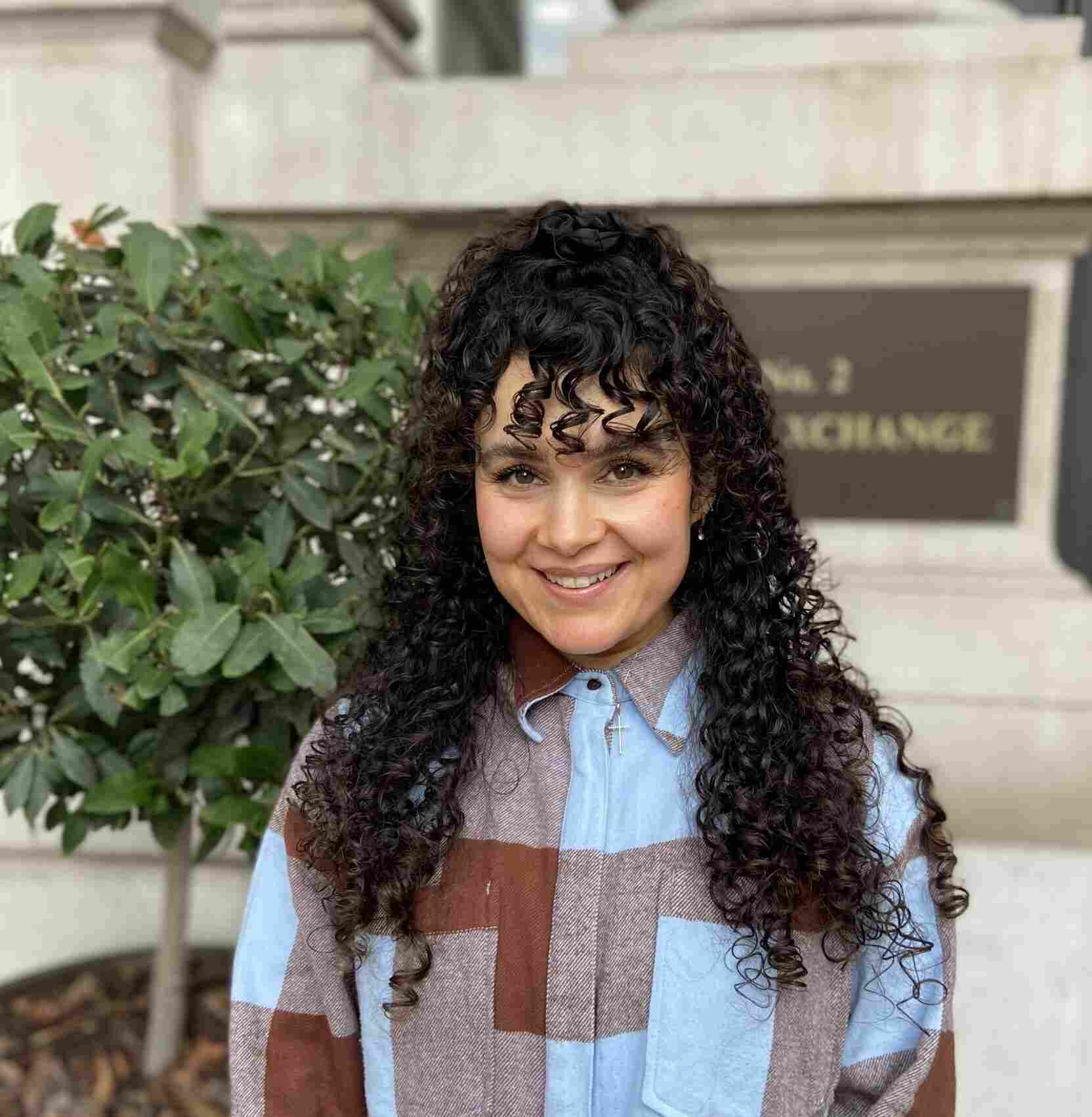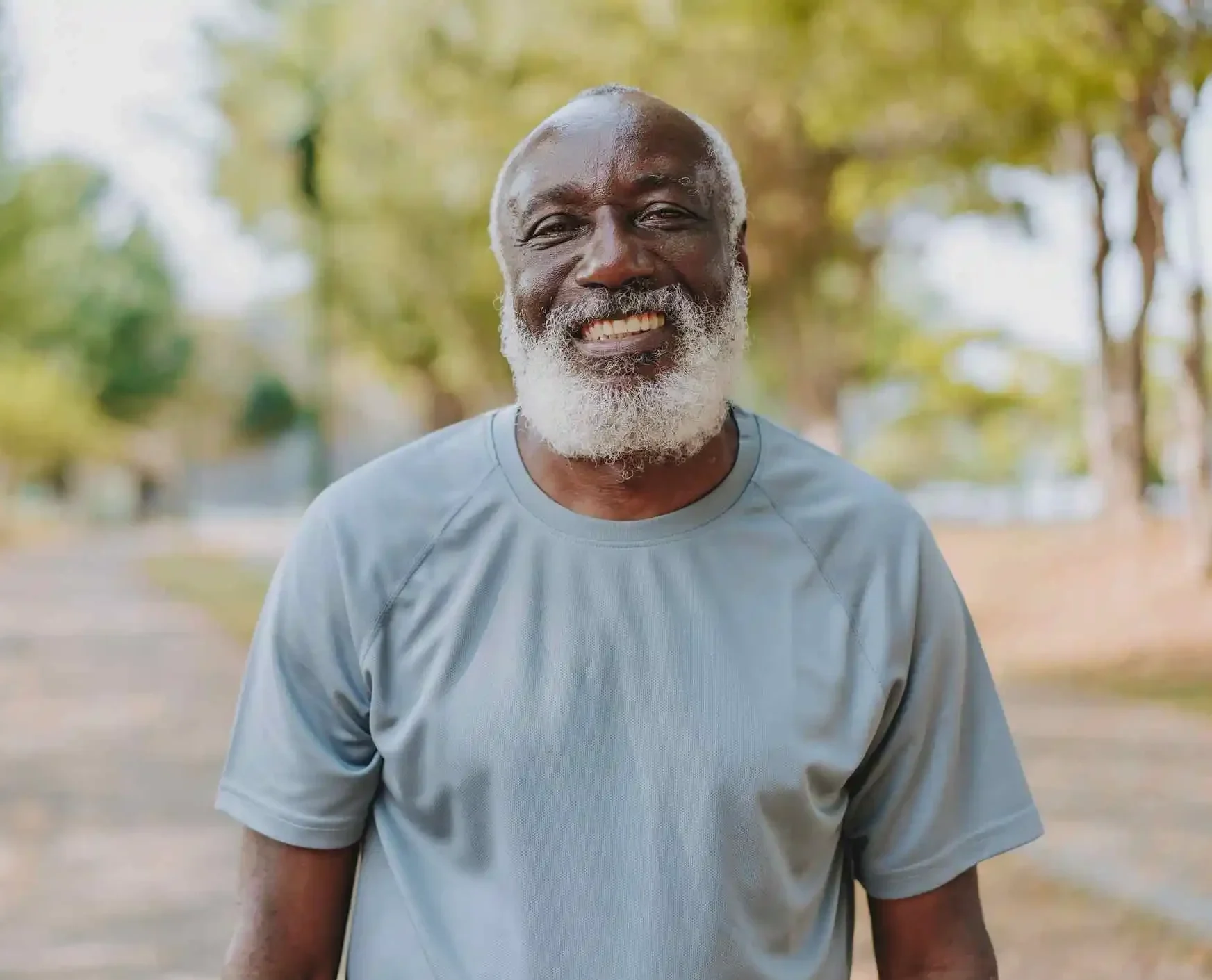Caring for someone who has had a stroke can be extremely challenging. Whilst some people may recover quickly, many people who have had a stroke will need long-term help and support after they return from the hospital. It is often a family member or partner who takes the main responsibility for supporting someone after a stroke.
When someone has had a stroke, learning how to care for a stroke patient can be a challenging yet rewarding experience. Following a stroke, patients who have suffered a stroke will have a wide range of limitations. Thus, the care a stroke patient will need is varied.
Despite this, the basics remain the same: assist with daily tasks, promote recovery and provide emotional support. Getting some professional after stroke homecare support can be a lifeline.
Here are some helpful ideas for improving the care you can provide:
Encourage daily rehabilitation exercise
Your loved one may struggle with motor impairments after a stroke. However, it has been shown that the first 6-8 months after a stroke is critical for recovery. You can help assist with their recovery by encouraging daily rehabilitation exercises to help rewire the brain. Regular movement is the best remedy for recovering from a stroke. Do ensure that the exercises suits a persons ability.
Be helpful – but not overbearing
If you see your loved one struggling to do something, it is completely normal to want to help as much as possible. You should only help if they ask or if necessary. Allowing them to do things on their own, as much as possible, encourages recovery as even small accomplishments will help your loved one become more self-reliant and confident.
You can also leave picture prompts or reminders to do daily tasks such as leaving a sticky note on the bathroom mirror to remind them to brush their teeth.
Keep a record of side effects from medication
All medications come with different side effects that should be carefully monitored. A useful tip is to keep a log of your loved one’s behaviour and symptoms and keep track of any changes or problems.
Adapting their home
Your loved one may struggle with communication, memory, or mobility which may mean you need to make some changes to their home. Occupational therapy tools are designed to promote independence. These can range from adaptive utensils to art tools. An occupational therapist on the other hand, can assist with aids and equipment that may be needed, including wheelchairs and grab rails. They can also advise on other house modification recommendations to help improve your loved one’s safety.
Look out for any new stroke side effects
Sometimes new stroke side effects can happen months after discharge. It is important to consult with their doctor as soon as possible if you notice something unusual or different.
Consider home care support
Many people who have suffered from a stroke will want to remain at home. Care assistants can help assist with day to day activities including washing, dressing, preparing food, managing medication and other needs. This can allow you to keep your relationship as your loved one’s friend or relative, rather than becoming their carer.
Read here for more helpful advice:
Important general advice
- Remember that stroke recovery is not linear and it is common for stroke patients to take two steps forward and one step back during the recovery process.
- Stroke and brain injury rehabilitation specialist, April Pruski, M.D., says “The first three months after a stroke is the most important for recovery and when patients will see the most improvement.” Many stroke survivors may suffer a plateau after the first three months of recovery however this is not a sign of recovery is stopping.
- Make sure you are taking care of yourself. Looking after someone who has had a stroke can be challenging, both physically and emotionally. Remember to take regular breaks and have some time for yourself each day. Look at joining local and national stroke and carer support groups who will understand what you are going through. It is important to talk to others about how you are feeling.
How can Cavendish Homecare help?
At Cavendish Homecare, we are experts in providing stroke care for clients who want to remain in their own homes. When it comes to your health and well-being, choosing the right homecare package is of utmost importance and navigating this process can be overwhelming. With Cavendish Homecare by your side, you’ll have the support you need to remain safely at home while enjoying elevated health and wellbeing.
If you would like to enquire about our stroke care, contact us on, 020 3008 5210 or email us at info@cavendishhomecare.com
About the Author…
Misha Zemkova
Operations Assistant
Starting her career in Health and Social Care with a Certificate of Higher Education from the Open University, Misha Zemkova is committed to making a positive impact.
As a former volunteer at North London Action for the Homeless, Misha stands out for her exceptional ability to connect with people through active listening. With seven years of invaluable experience as a Key Worker for adults with diverse learning disabilities, Misha brings extensive experience and a deep understanding of caring for individuals with unique needs.
Now a pivotal member of the operations team at Cavendish Homecare, Misha actively supports Nurse Managers and the Bookings team in delivering high-quality care. She has demonstrated outstanding commitment to supporting charity partner Cruse Bereavement through events such as the Virtual TCS London Marathon and Light up the Night.

 Back
Back